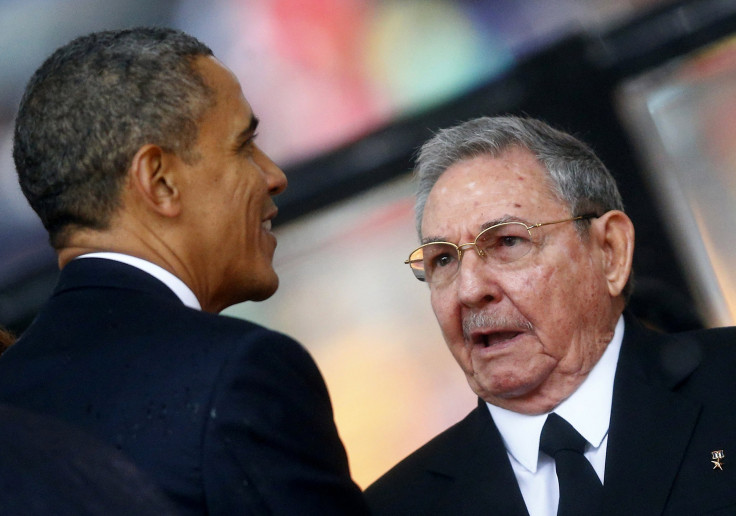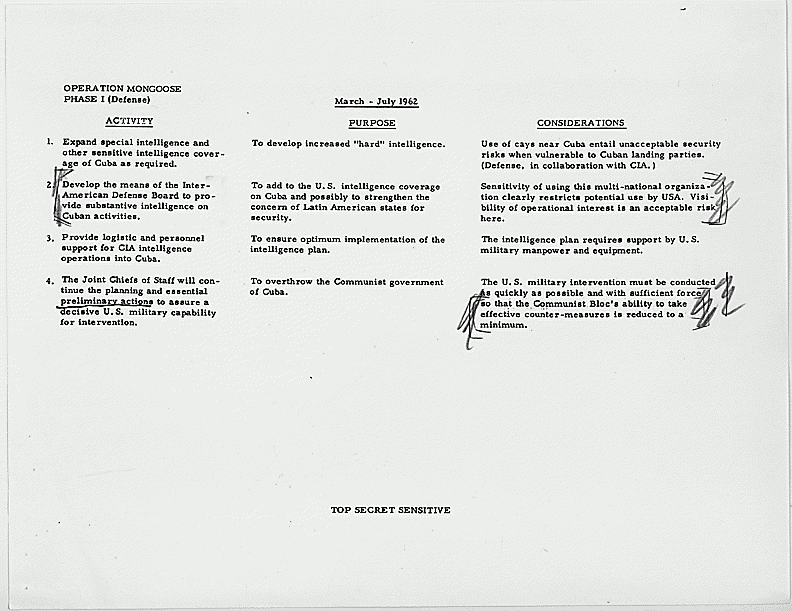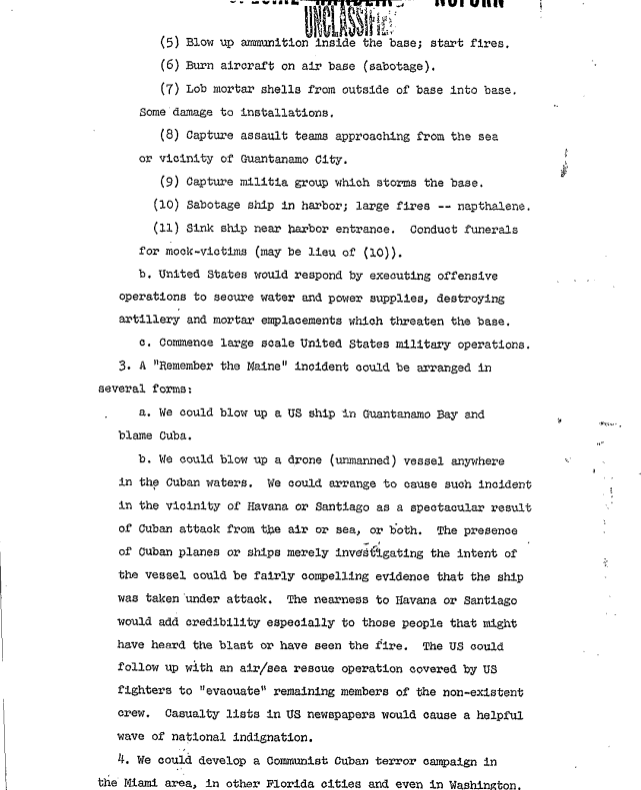ZunZuneo, 'Cuban Twitter,' Isn't The First U.S. Attempt To Undermine Castro Regime: A Brief History

A report published by the Associated Press on Thursday revealed that the United States secretly created a “Cuban Twitter” called “ZunZuneo,” which was designed to undermine the Cuban government by stirring unrest. While ZunZuneo is the latest attempt to subvert the Castro brothers' government, it is hardly the first time the U.S. has tried to do so.
ZunZuneo, a slang term for a Cuban hummingbird’s tweet, was developed by the United States and financed through the United States Agency for International Development, the body tasked with administering humanitarian and foreign aid.
According to documents obtained by the AP, ZunZuneo made use of cellphone-based text messaging to evade Cuban information control measures. Subscriber bases were built through the promotion of innocuous content such as soccer news, music and weather. The U.S. then planned to introduce politically themed content as the subscriber base grew, to encourage uprisings reminiscent of the Arab Spring.
ZunZuneo disappeared in the middle of 2012 due to funds drying up. Before the program eventually ended, ZunZuneo, the rudimentary social network, had approximately 40,000 subscribers in March 2011.
Despite extensive involvement by the United States, measures were taken to distance ZunZuneo from its true origins.
"There will be absolutely no mention of United States government involvement," says a 2010 memo from Mobile Accord, one of ZunZuneo’s contractors, which was obtained by the AP. "This is absolutely crucial for the long-term success of the service and to ensure the success of the Mission."
ZunZuneo thus has been revealed as just one of the latest U.S. attempts to subvert the Castro regime since the 1959 Cuban Revolution.
Bay of Pigs Invasion
In April 1961, a CIA-sponsored paramilitary group of Cuban exiles attempted to invade Cuba and overthrow Fidel Castro, in what would become known as the Bay of Pigs Invasion.
The CIA trained and funded the 1,400 man group, which launched their invasion from Guatemala on April 17. The invasion failed, leading to a foreign policy disaster for the United States.
Operation Mongoose
Soon after the Bay of Pigs fiasco, the United States developed a program aimed to “help the Cubans overthrow the Communist regime from within Cuba and institute a new government with which the United States can live in peace.”

The program, dubbed Operation Mongoose, detailed several CIA subversion efforts in Cuba, which included pirate television or radio broadcasts, development of anti-government propaganda and other actions to aid in the overthrow of the Communist government of Cuba.

In addition to CIA subversion efforts, the U.S. government has long been accused of attempting to assassinate Fidel Castro in a variety of ways such as through the use of poison cigars and drinks.
Operation Northwoods
Operation Mongoose wasn't the only program proposed regarding ways to subvert the Cuban government. In 1962, the United States also drafted potential scenarios that could be used as a pretext for invading Cuba. Some of the proposed scenarios included blowing up a U.S. ship and blaming it on Cuba and staging other “false-flag” attacks to stir up a pretext for invasion. Despite the extensive planning behind the proposal, Operation Northwoods was eventually rejected by President John F. Kennedy.

Despite the end of the Cold War and some easing of tensions between Cuba and the U.S. in recent years, ZunZuneo is the latest example of continued attempts by the U.S. to undermine the Cuban government.
© Copyright IBTimes 2025. All rights reserved.






















